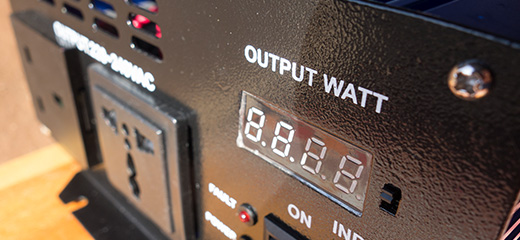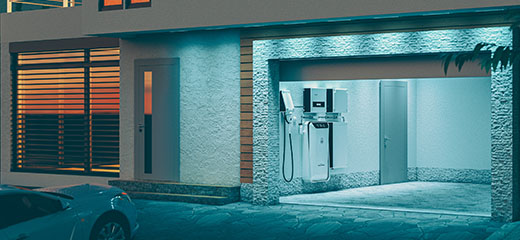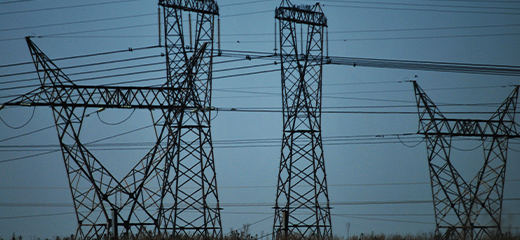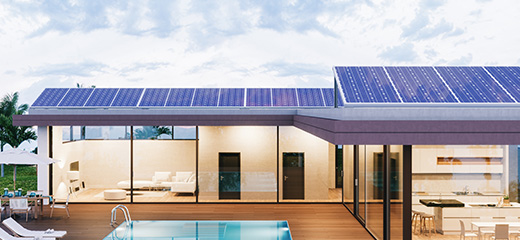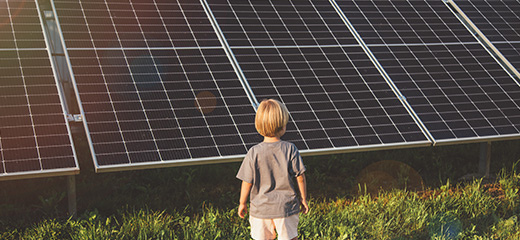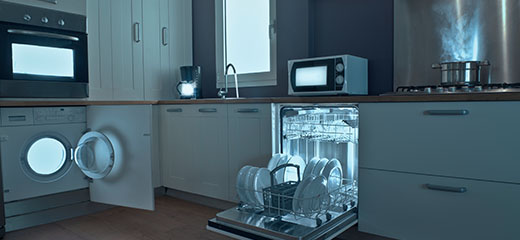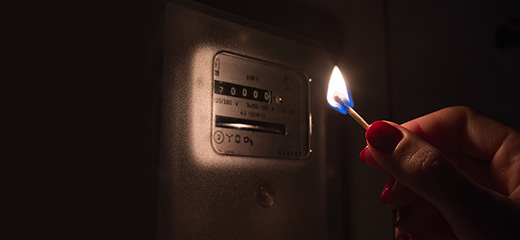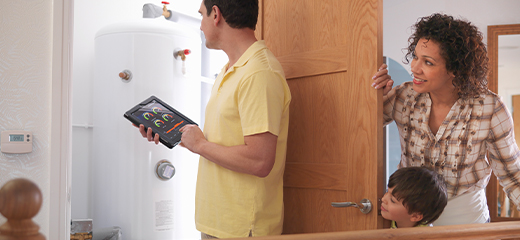
Generators vs inverters: Which is best?
There are many factors that go into deciding what type of backup power supply is best for your home and your pocket. To make it easier for you, we provide a comparison of generators and inverter-based battery backup systems.
While many have strong opinions over whether generator or inverter systems are better, the truth is that every household has its own requirements which need to be considered. Ultimately, the best fit for your friend or neighbour, may not suit your needs at all. While many have strong opinions over whether generator or inverter systems are better, the truth is that every household has its own requirements which need to be considered. Ultimately, the best fit for your friend or neighbour, may not suit your needs at all.
| Generator | Inverter system | |
| Cost |
Initial outlay is typically lower. Cost of power output is much lower. Running cost is much higher and linked to the price of petrol or diesel. |
Initial outlay is typically higher. Cost of power output is higher. Running costs are much lower and linked to the price of electricity and how long it takes to recharge batteries. |
| Operation |
Generators are motors that turn the burning of fuel into electricity.
Start-up: Manual |
Inverter systems use power from the grid to store energy in the backup batteries. This energy is then available for use during outages. Most inverters are connected to the power supply via a wall plug and detect when the power has gone out. Start-up: Automatic |
| Connection | Through plug points on the generator | Through plug points on the invertor. |
| Running time |
The generator will run as long as it has enough fuel. |
The inverter’s running time is dependent on battery storage size and the amount of power that is drawn from that. |
|
Noise and emissions |
Generators are noisier and exhaust emissions need to be considered. |
The only noise made by inverters is the operational and battery level alerts. Inverters do not make emissions. |
|
Storage |
Generators need to be run outside the house in an area that is well ventilated but protected from the elements. |
Inverter systems can be stored and run inside the house. |
|
Maintenance |
Regular DIY maintenance is required (checking fuel and oil levels, changing filter) as well as annual servicing. |
Very low maintenance, however, regular checks of battery water levels need to be done as well as ensuring battery terminals are clean. Batteries will also need to be periodically replaced. |
Note: For this comparison, we looked at smaller household generator and inverter systems that are not wired directly into the home.
Head to LookSee for a range of quality power solutions with convenient financing options.

